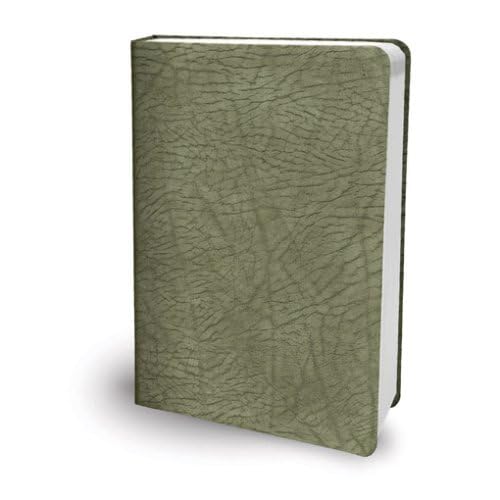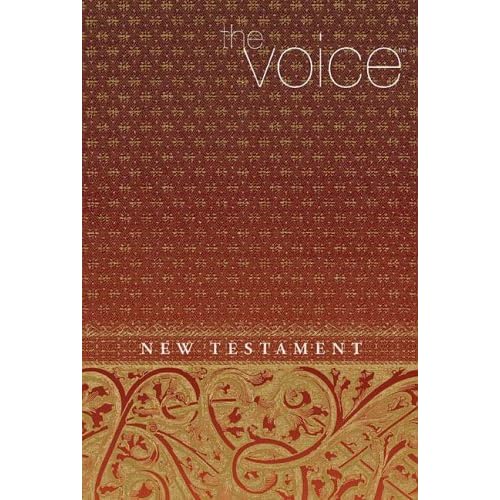Let's tackle the translation issue first. For a study bible, a solid committee translation like the NRSV or NIV is best, unless you're going to be reading in the original Hebrew & Greek. My personal preference, and that of many congregations & denominations, is the New Revised Standard Version, which renders the original tenses as plural (in many cases, these get incorrectly translated as singular), and also uses inclusive language for groups of people (believers or brothers and sisters instead of brothers, etc).
In terms of study notes, you want to make sure that the notes don't do your work for you: in other words, they shouldn't tell you what the passage means. That's between you, your community of faith, and the Holy Spirit. They should, however, help you understand the passage better so that you can make the most informed interpretation possible.
Now, here are a few of my recommendations for study bibles, and after that we'll talk Bibles for personal devotional usage. Without further ado, I bring you:
 The Renovare Spiritual Formation Bible (Amazon link)
The Renovare Spiritual Formation Bible (Amazon link)I just picked this one up recently, and it isn't your standard-issue study Bible. Sure, it has plenty of notes and commentary, but also has connections between passages and spiritual practices, and raises the formational question alongside the informational one. The RSFB is brought to you by the same folks who put together a lot of high-quality spiritual formation material, including Richard Foster. (NRSV)
 The Wesley Study Bible (Amazon link)
The Wesley Study Bible (Amazon link)Or soon to be known as "This is how I will get through my seminary degree & the ordination process" Bible for Methodists :) The focus of the WSB is on Methodist/Wesleyan theological perspectives and their Biblical roots, and rely on John Wesley's sermons, notes, and other writings (with the occasional Charles Wesley hymn). I've found it to be a solid study Bible, and the pull-out boxes with reflections on key theological concepts to be a great bonus! (NRSV)
 The New Interpreter's Study Bible (Amazon link)
The New Interpreter's Study Bible (Amazon link)My preaching Bible. I used to use the HarperCollins Study Bible, but after some looking into the newest revision of that project, I was given the very sound recommendation to use the NISB. From the same project that brought the monstrous 12-volume commentary New Interpreter's Bible, the NISB has much of the same perspective, just written for a standard sized study Bible. The commentary on Matthew, for instance, contrasts the Roman and earthly empires with God's empire (kingdom) for some provocative and challenging insights. (NRSV)
 The NIV Study Bible (Amazon link)
The NIV Study Bible (Amazon link)I don't own this one personally, but my father has used it for probably 20 years now, teaching his Sunday School class from it, and he swears by it. Clearly this is a new edition so we can't speak to the revised notes, but if they're consistent with the original, then it is an excellent study bible if you, like many of today's churchgoers, prefer the New International Version. (NIV, obviously)
Okay, we've now left the section where we talk about study Bibles...in other words, Bibles which feature a precise translation from the original languages with study notes to assist you in clarifying a robust interpretation of the Scriptural text. Now, let's talk about paraphrases, which aim to capture the spirit of a particular text but with less concern for specificity and equivalence with the original languages. These wouldn't be suitable for a study group, but are excellent introductions to the Biblical text and work well in personal devotional settings.
 The Message (Amazon link)
The Message (Amazon link)Perhaps the most popular paraphrase, Eugene Peterson hit upon this rendering of Scripture as he was writing and teaching. Despite its occasional tendency towards the trite or trendy, overall The Message wonderfully captures the poetry and passion of the Biblical text. It does predispose the reader to accept one interpretation when passages are difficult or tendentious, but I think it's probably the best paraphrase available today.
 The Voice (New Testament) (Amazon link)
The Voice (New Testament) (Amazon link)An intriguing devotional Bible is The Voice (currently only New Testament available). From the emergent movement and the leadership of Ecclesia Houston's Chris Seay comes this distinctive transaparalationphrase (it doesn't fit into any of my neat categories). Written as a script for "table readings," it also features explanatory notes printed as italicized text actually inserted into the regular typeface translation, so as to create a seamless reading experience.
I hope this helps you as you prepare for a new academic year. Reading the Bible and praying daily are the linchpins of our relationship with God; I look forward to doing all of these in the Wesley community at Lamar!




No comments:
Post a Comment